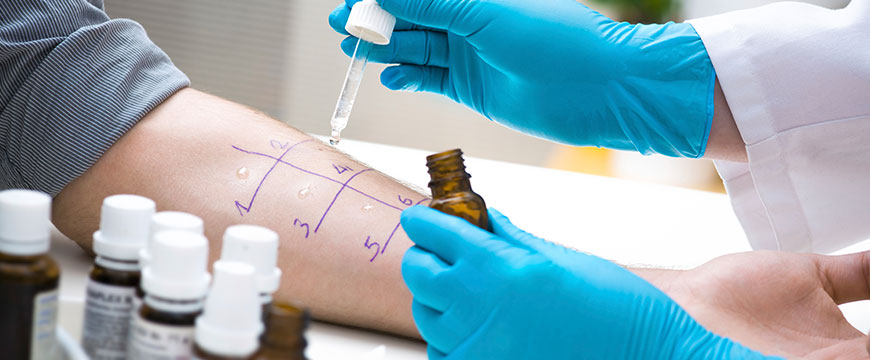
When you are exploring allergy treatment options and using your insurance to pay for it, there is always the question, do I need a referral to see an allergist?
The answer to this question lies with your insurance company. Some insurance companies will require your primary care doctor to refer an allergy doctor, while others won’t need it—you can simply find your allergy specialist, and the insurance company will pay for it.
To avoid complications, later on, call the insurance company and ask about it. If your insurance plan requires you to get a referral, ask your primary care doctor to submit onel to the insurance company or the new doctor.
It’s after the doctor sends a referral and/or is approved by the insurance company that you can now see your new allergy specialist, and your treatment will be covered as per your insurance plan.
How do you see the new allergist?
After getting a referral, you should now begin the process of seeing the specialist. Begin with making an appointment by calling the office or filling an online form. Different doctors have different requirements for making appointments. Some will require you to make specific paperwork requests, while others won’t.
If there are chances that you will be tested for allergies, the doctor might ask you to refrain from eating or drinking anything for at least a day.
After getting an appointment, head to the doctor’s office on the agreed day. If the doctor was referred to you, chances are high they already have your medical records that they got from your primary care doctor.
Even if the doctor has your medical records, carry yours, such as your family medical history that the doctor might not have.
During the meeting, expect plenty of questions from the doctor. The questions are meant to help the doctor understand your condition better.
To get the most from the meeting, come prepared with your set of questions. Some of the best questions to ask include:
- What can I expect from the test?
- What can I expect from the treatment?
- Is there anything I can change in my lifestyle or environment to prevent the allergy symptoms from coming about?
- What tests are available to determine what is causing my allergic reaction?
- Are there side effects to the medications?
- It’s common for the allergy doctor to examine your lungs, throat, skin, and nose to determine your condition.
If the doctor diagnoses you with food allergies or airborne allergies, they most likely will run tests to determine the type of allergies you have.
It’s after the tests that the doctor will recommend treatment options, which might include:
- Allergy shots
- Prescription medications
- Avoiding allergy triggers. For example, if you are allergic to pollen, you should stay indoors to avoid them.
- Lifestyle changes such as avoiding foods that you might be allergic to. If you are allergic to nuts, the doctor might recommend you stay away from them.
How do you get the most from the allergist’s visit?
Obviously, you should ask as many questions as possible so that you can understand your condition better.
The other thing you should do is to follow the guidelines given by the allergy specialist Germantown MD. The last thing you should do is to spend a lot of money on the allergist then you don’t follow their expert tips. When they prescribe medication, take it as per the recommendation.
Finally, be your doctor. After all, you know your body better than anyone. If you take the medication and don’t see any meaningful progress, don’t sit back and wait for things to get better—get in touch with your allergist and schedule another meeting.

